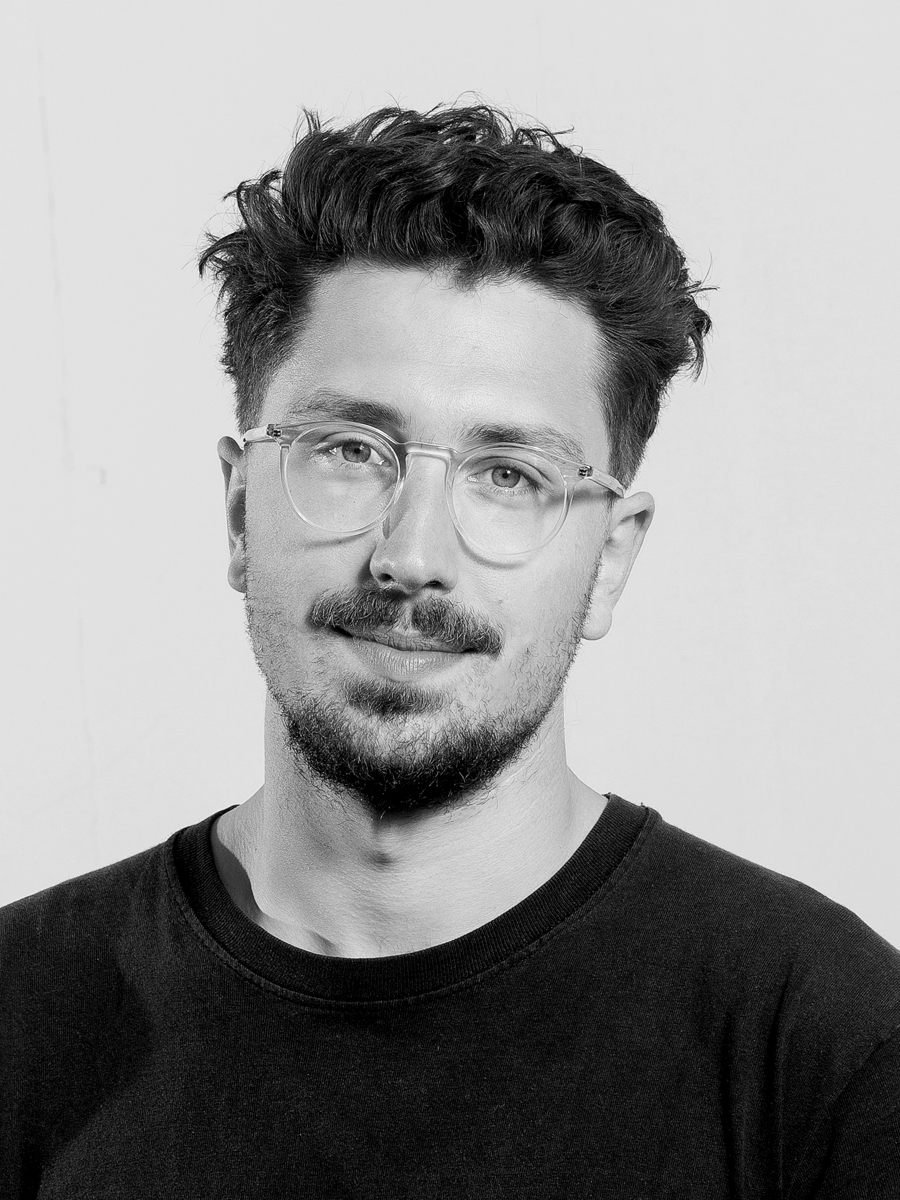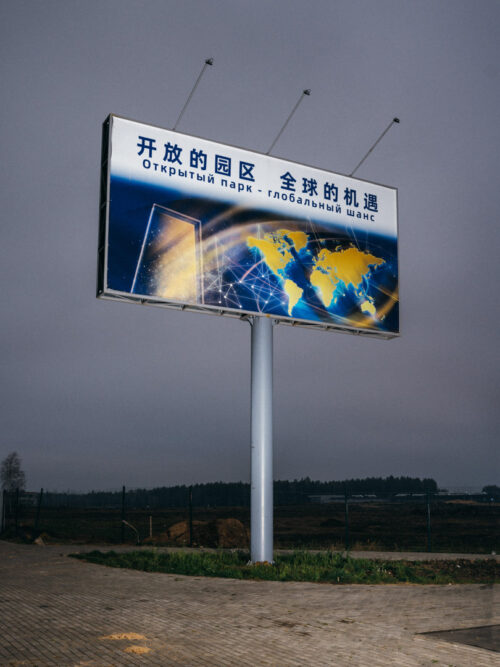Picture Series
Jakob Schnetz People Place Technology
With this photographic essay, Jakob Schnetz takes a critical look at the current changes to wage labour in Germany’s service and IT companies. Around 70 per cent of the working population are employed in these industries. Wage labour is at the centre of many people’s lives and determines their everyday routines, often for more than 40 years. However, over the past few years digitisation has given a whole new meaning to the economic factor known as “human resources”: companies have realised that in Working World 4.0, efficiency can be increased even as costs are lowered by making working conditions and jobs more and more flexible. “People, Place, Technology” is the new key to success; it serves the growth-directed orientation of a capitalist economy.
- Digitalisation
- The Future
- Work

*1991 in Freiburg, Germany
Jakob Schnetz completed his BA in Photojournalism and Documentary Photography at Hanover University of Applied Sciences and Arts in 2018. He is currently enrolled in the master’s programme in Photography Studies and Research at the Folkwang University of the Arts in Essen. In his long-term photography projects, Schnetz develops critical perspectives of capitalism, combining journalistic, conceptual and artistic approaches. In 2016, he won the LensCulture Emerging Talent Award. His works have appeared in GEO, Wired, DIE ZEIT and other publications.
















